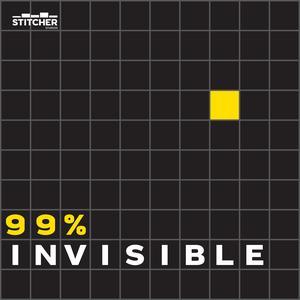
In this episode of the Rich Habits Podcast, the hosts introduce a new weekly Q&A segment where they answer listener questions. Listeners can submit their questions through Instagram DMs or the podcast’s Discord group. The hosts tackle various topics related to investing, real estate, debt consolidation, and retirement planning.
Robert recommends having a base of traditional investments before venturing into real estate. It’s important to have savings for the down payment and associated fees. Rental properties generate income by renting them out for more than the mortgage payment. However, it’s crucial to set aside money for occupancy and property maintenance.
When consolidating credit card debt, it’s best to avoid debt consolidation services companies as they can ruin your credit score. Instead, consider debt consolidation loans with lower interest rates. Taking on a side hustle can also help pay off debt faster. Other options include zero interest credit cards and the snowball method for efficient debt repayment.
Don’t feel guilty about selling stocks earned through work. Take a 50/50 approach when receiving stock as part of your compensation package. Prioritize after-tax brokerage accounts over increasing contributions to traditional 401k above the match. While Roth IRA beats traditional 401k in terms of taxes, matching should always be prioritized.
When it comes to student loans, if the interest rates are 5%, it’s recommended to pay the minimums and stretch it out as long as possible. However, if the rates are higher, it’s better to start paying them down. Consider the current market before deciding to pay off student loans or invest. Everyone’s individual interest rate is different, so there’s no one-size-fits-all answer.
It’s important to focus on the total dollar amount and return on investment rather than the number of shares owned. The S&P 500 consists of the 500 largest and most profitable companies in the US. NASDAQ, on the other hand, lists 5,000 different companies, while the S&P 500 represents the 500 best and most profitable companies. Diversification is key in investing, and it’s essential to think about the dollar amount and return on investment rather than the number of shares owned.
Using a budgeting tool can help determine your debt to income ratio and provide a clear understanding of your financial standing. It’s important to sit down with your partner to find ways to rectify debt quickly, such as downsizing or taking on a side hustle. Understanding your day-to-day finances and finding relief mechanisms, like negotiating down hospital bills or accessing programs for lower interest rates on student loans, can also be beneficial.
Consider purchasing a multifamily property with an FHA loan, which requires a lower down payment. Buying a quadplex, triplex, or duplex with an FHA loan can help allocate the remaining down payment for other investments. For the first property, it’s recommended to use personal names, while future properties can be bought through an LLC with traditional loans. However, using an FHA loan for a property in an LLC may not qualify for the loan.
Listeners are encouraged to send their suggestions for the podcast’s Q&A format via direct message to the Rich Habits Podcast on Instagram.
The Rich Habits Podcast’s Q&A episode provides valuable insights into investing, real estate, debt consolidation, and retirement planning. Listeners learn about the importance of diversification, budgeting, and understanding their individual financial situations. The hosts offer practical tips and strategies for managing debt, building wealth, and making informed investment decisions. Whether it’s investing in rental properties, paying off student loans, or navigating the stock market, this episode equips listeners with valuable knowledge to improve their financial habits and achieve their goals.